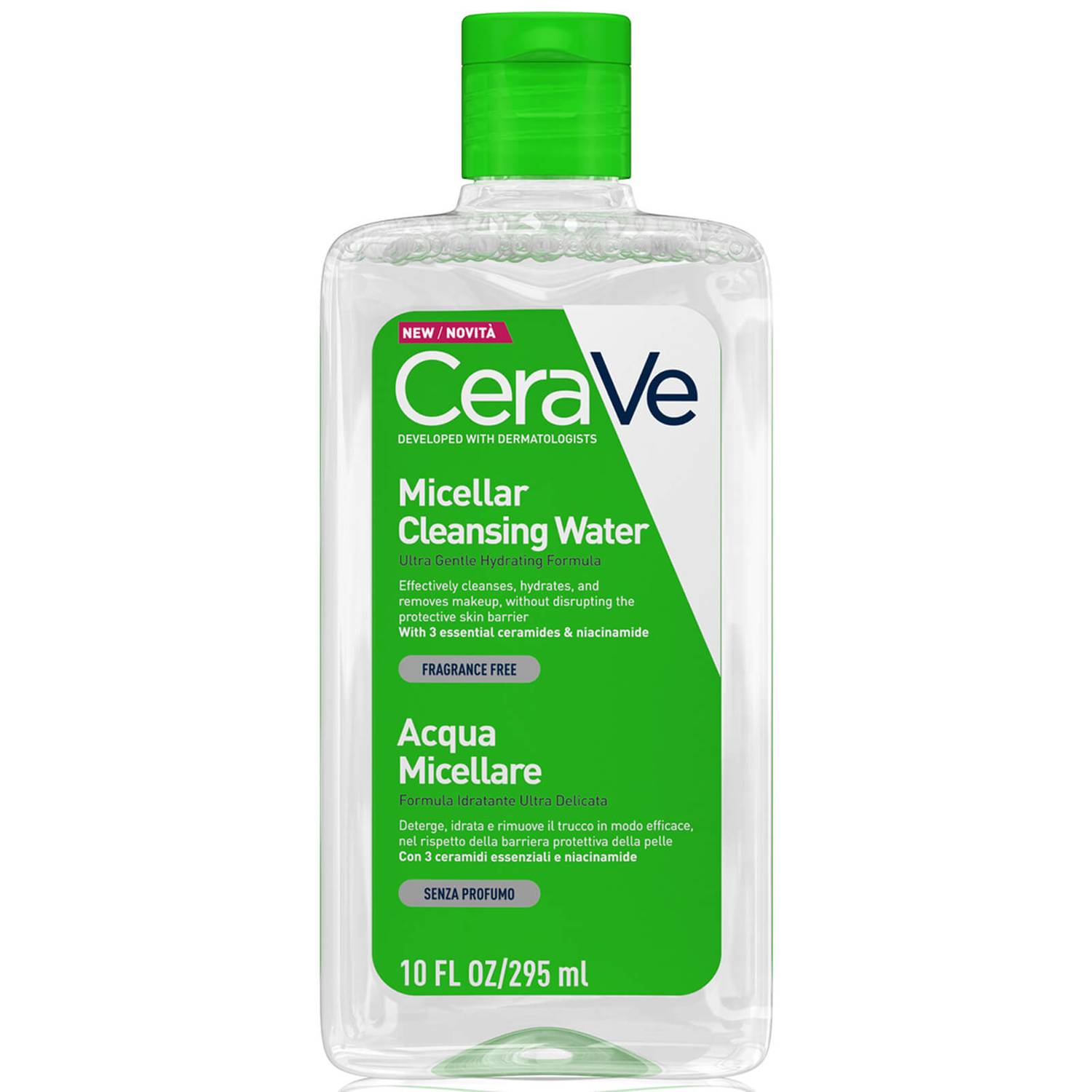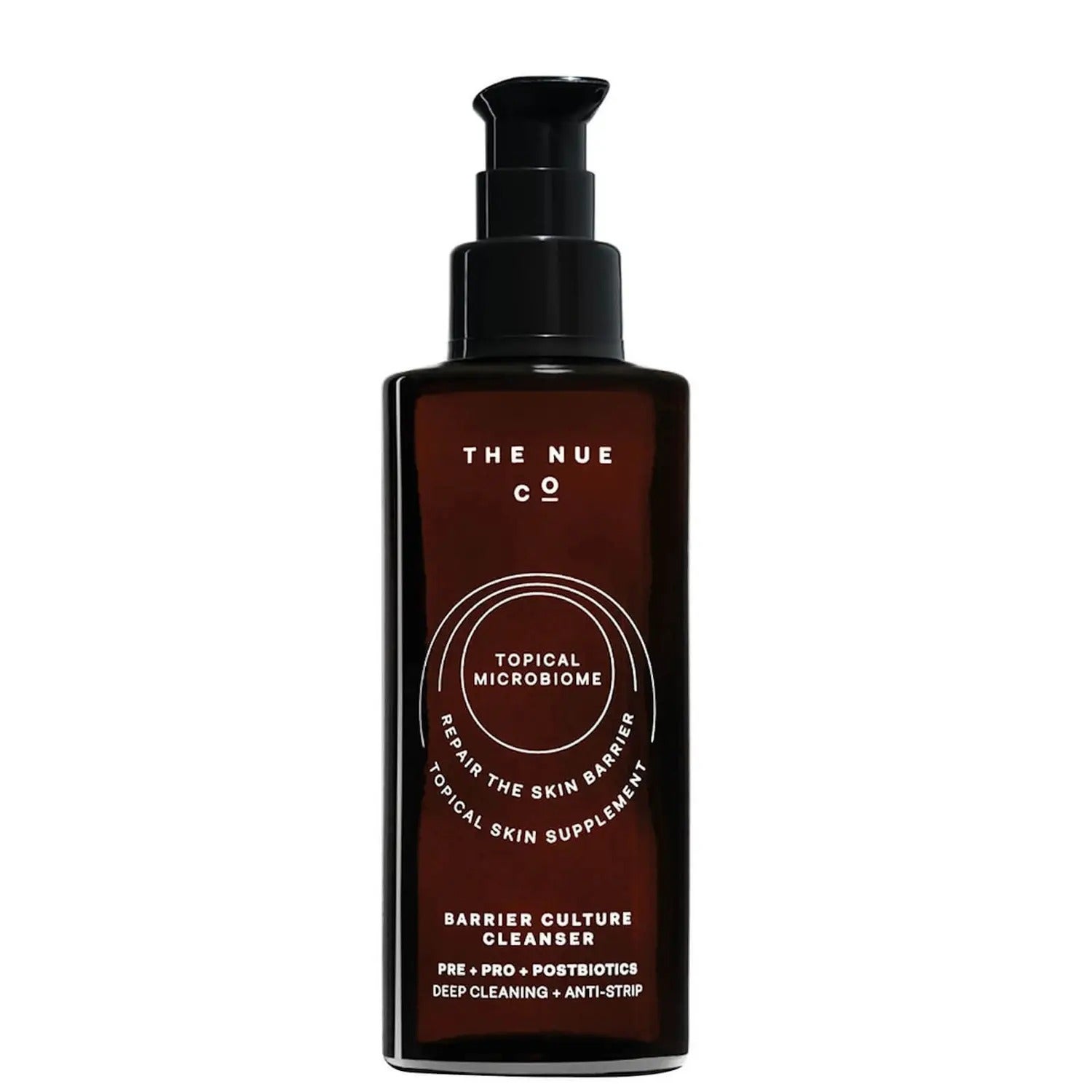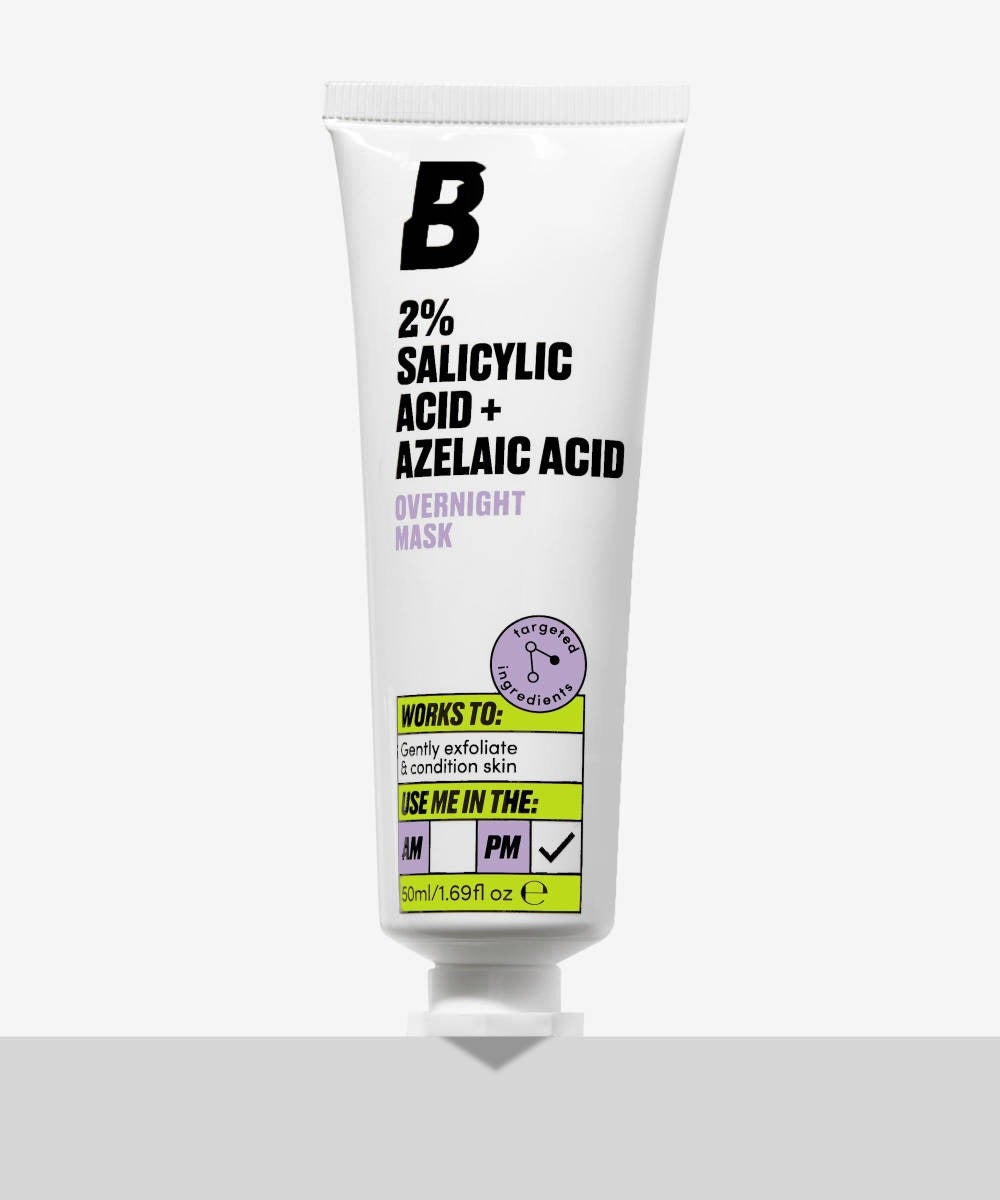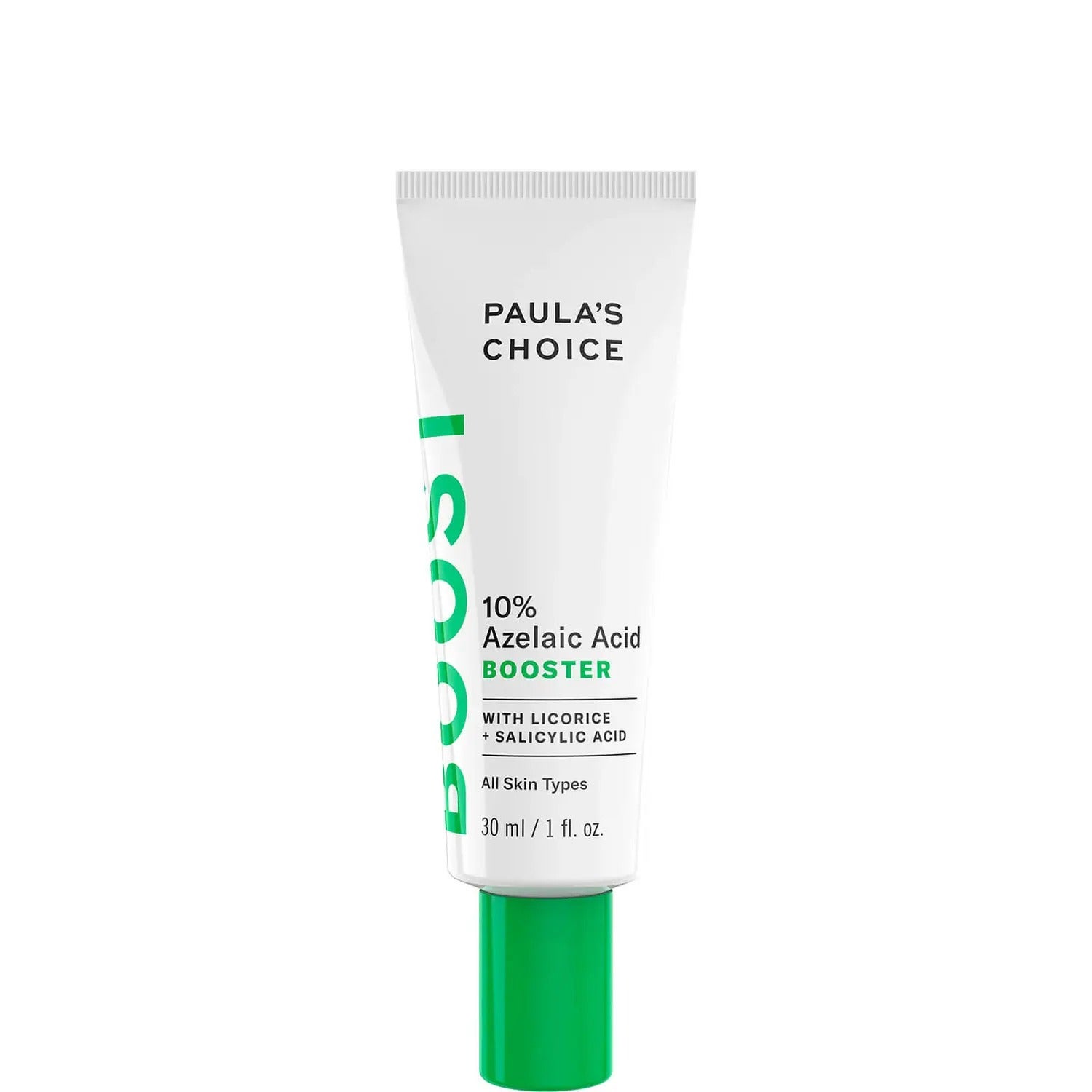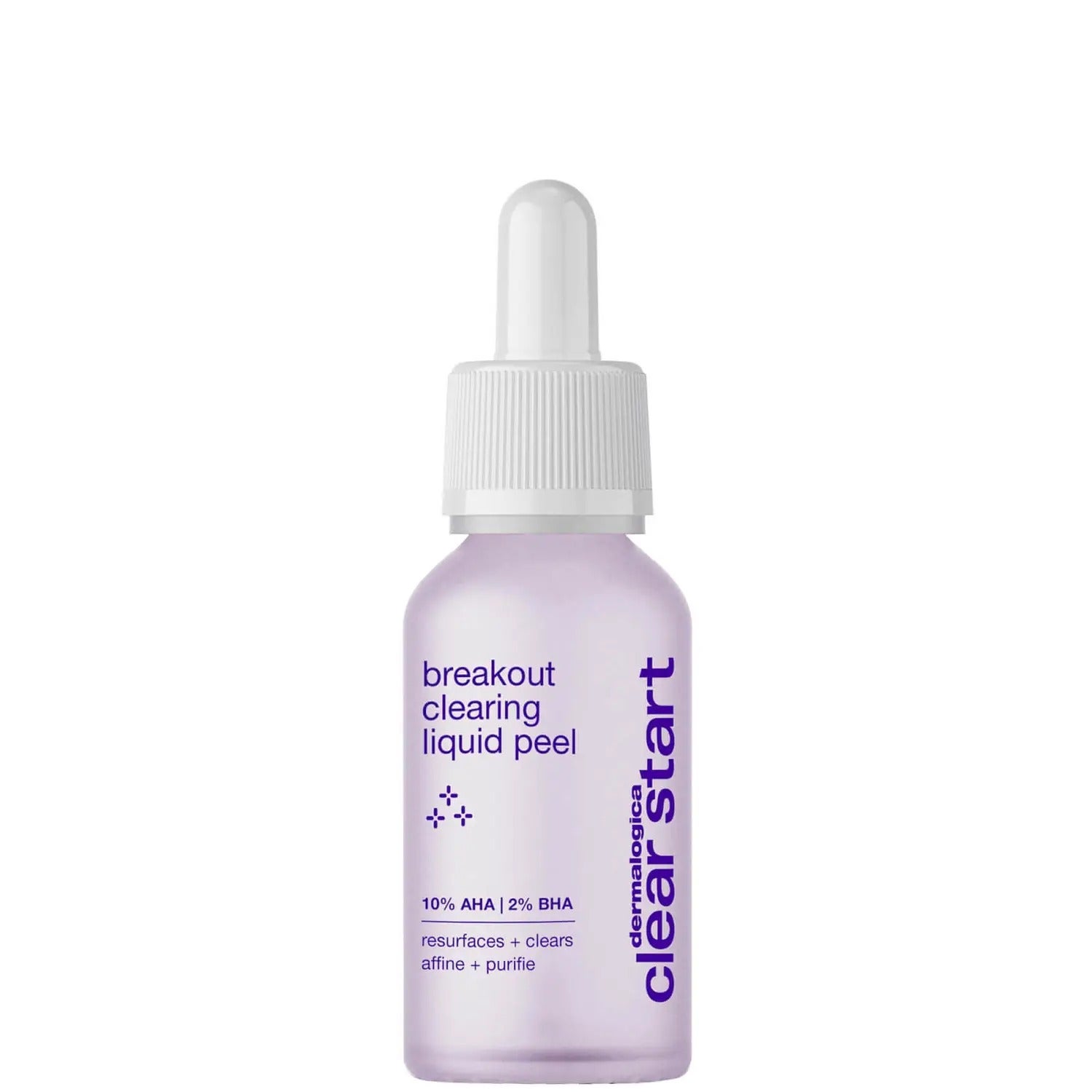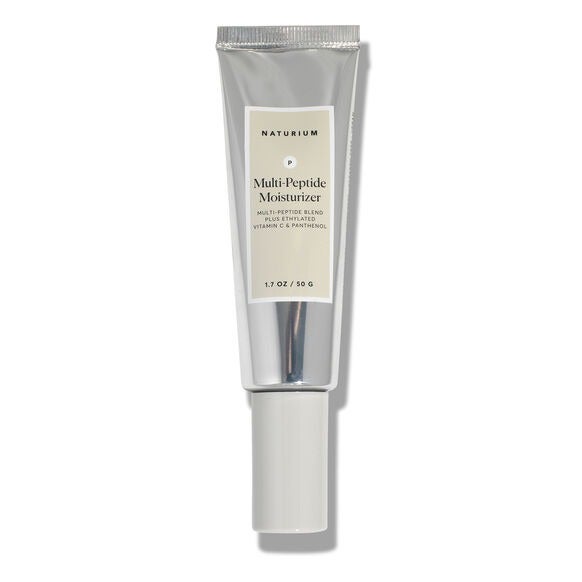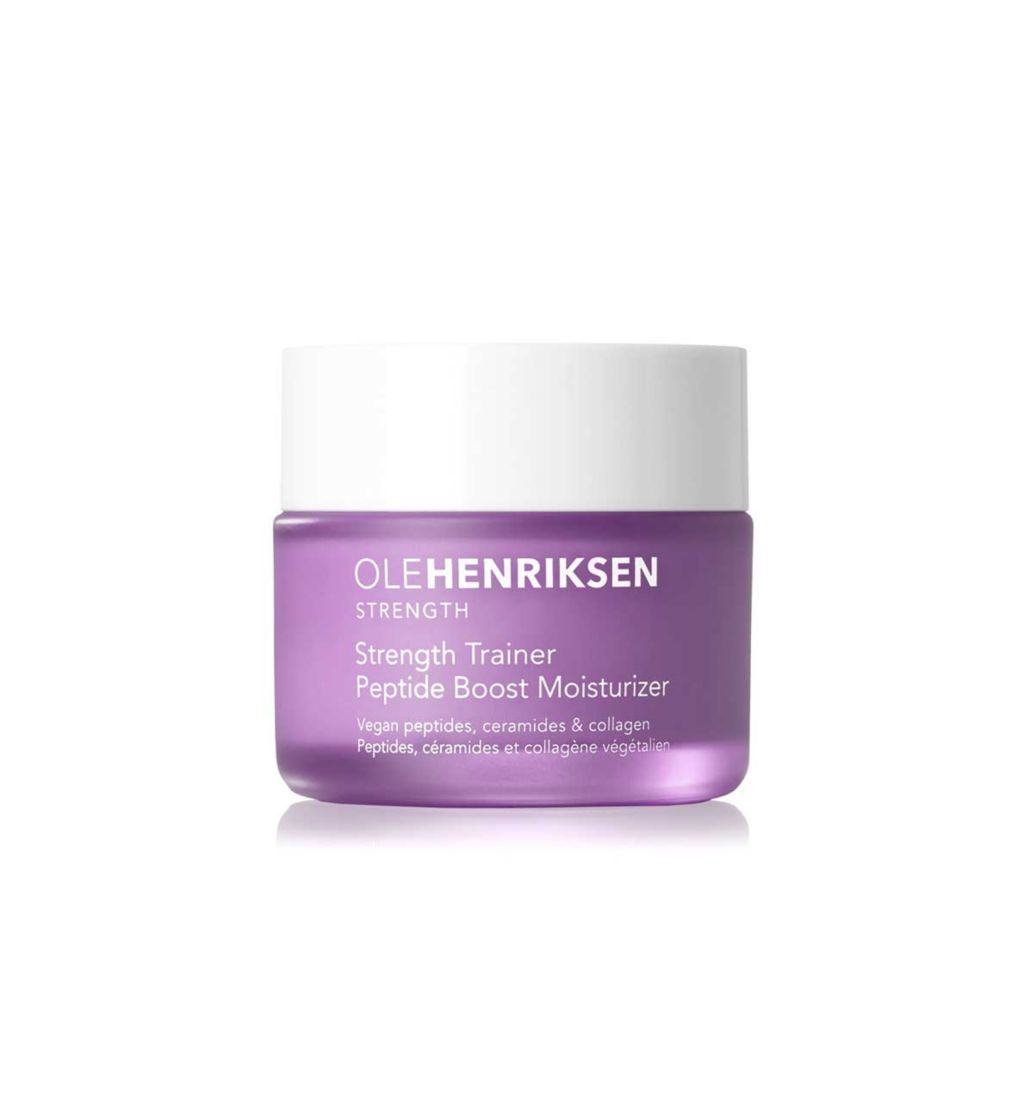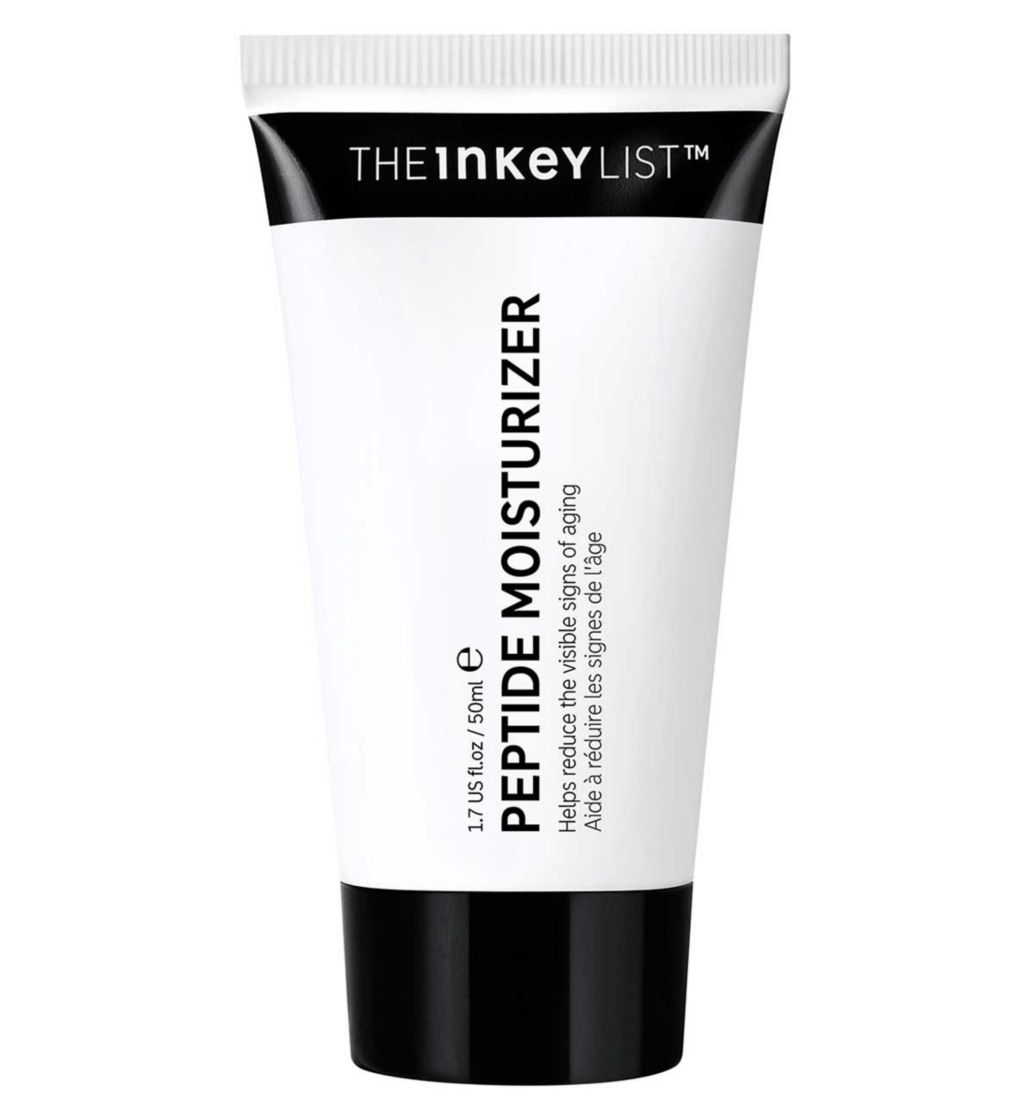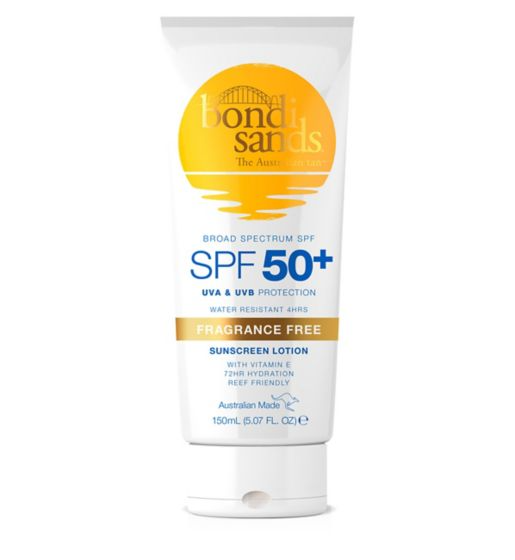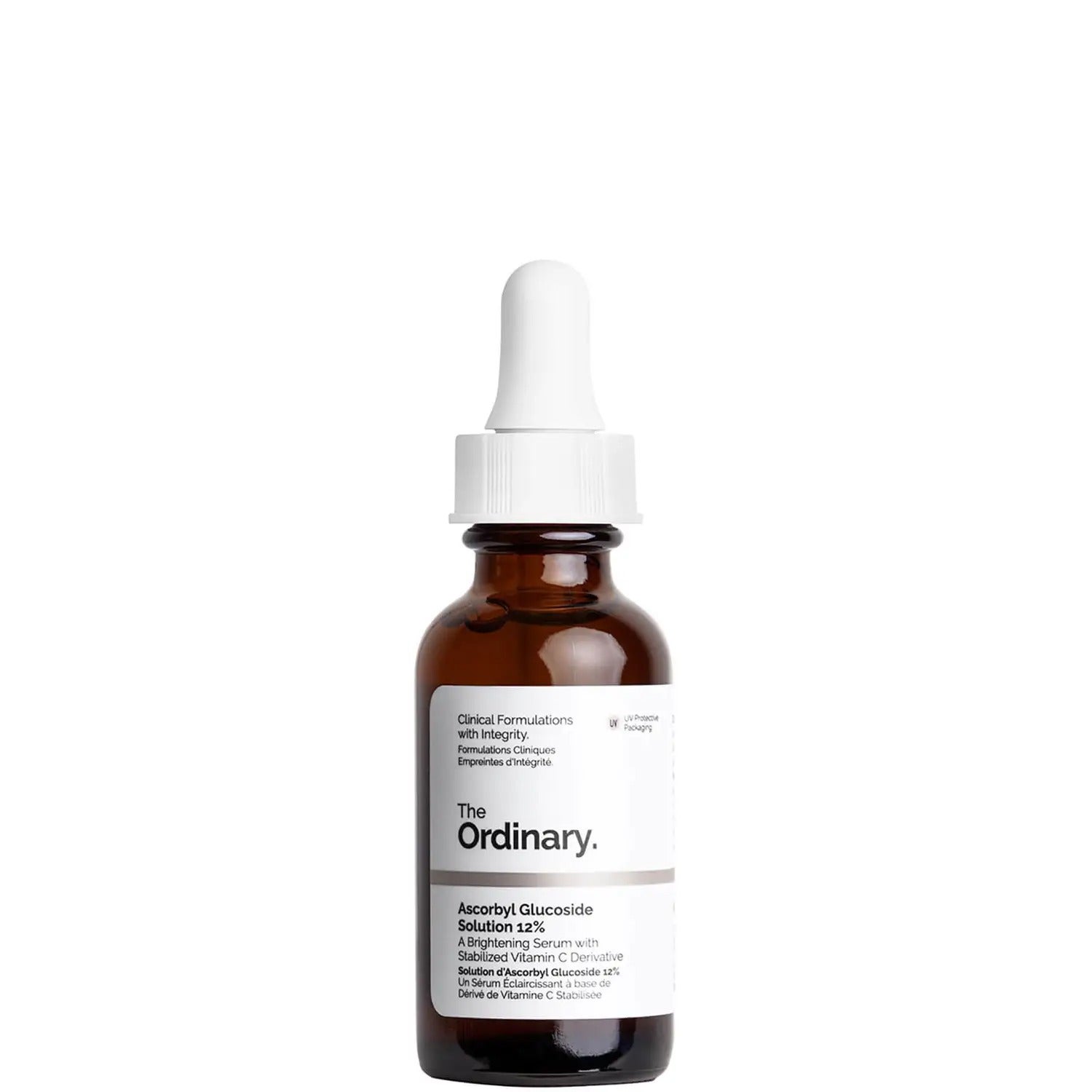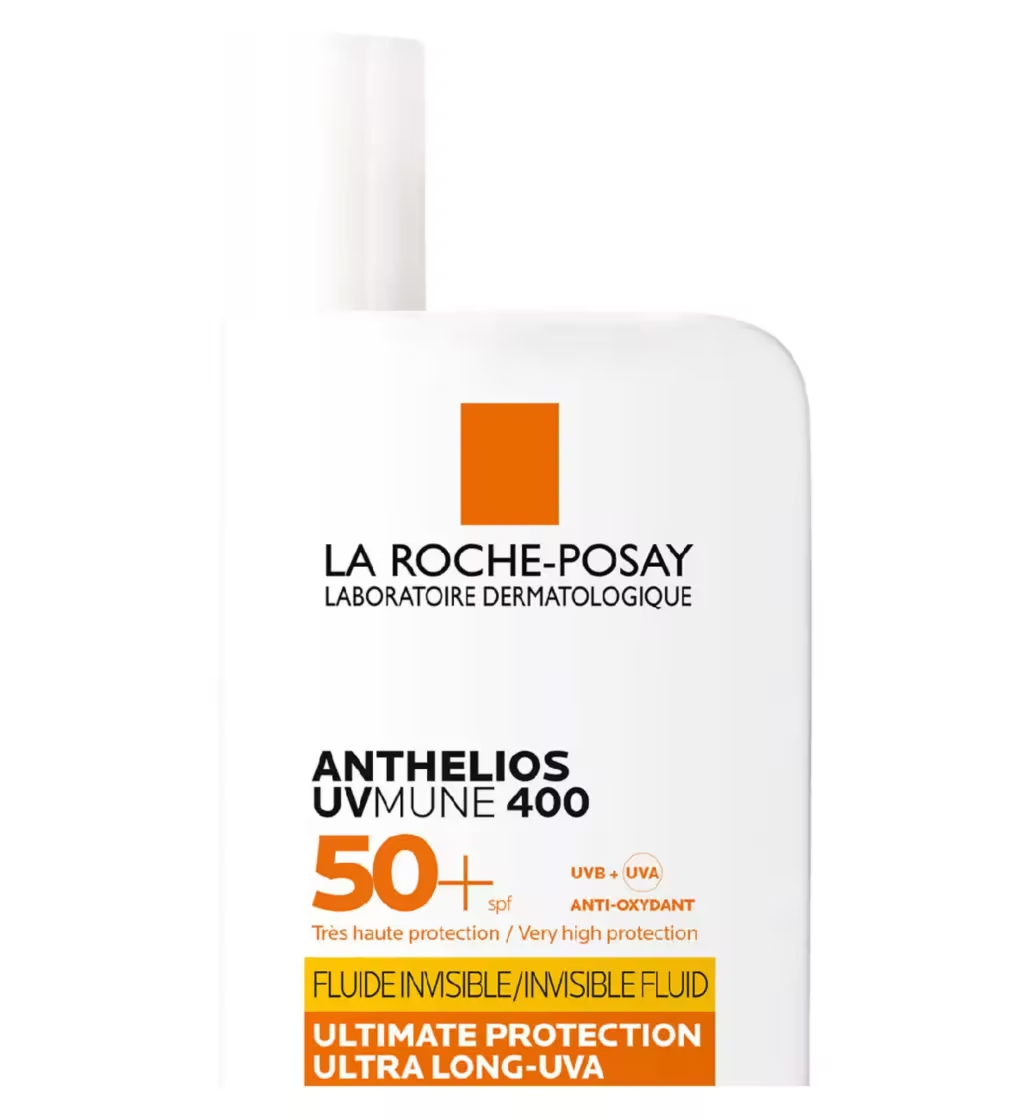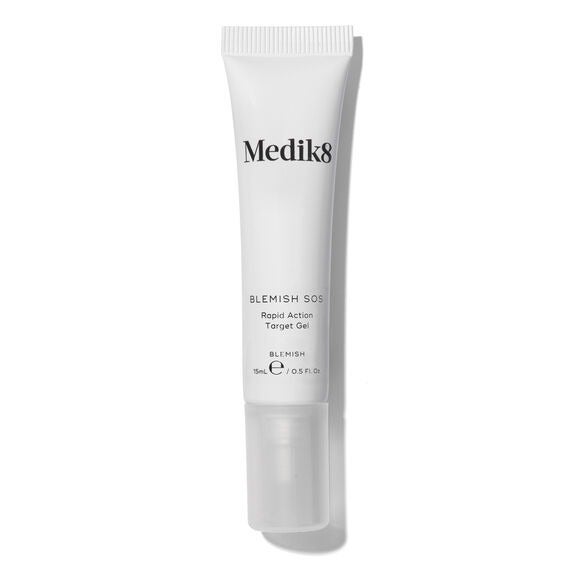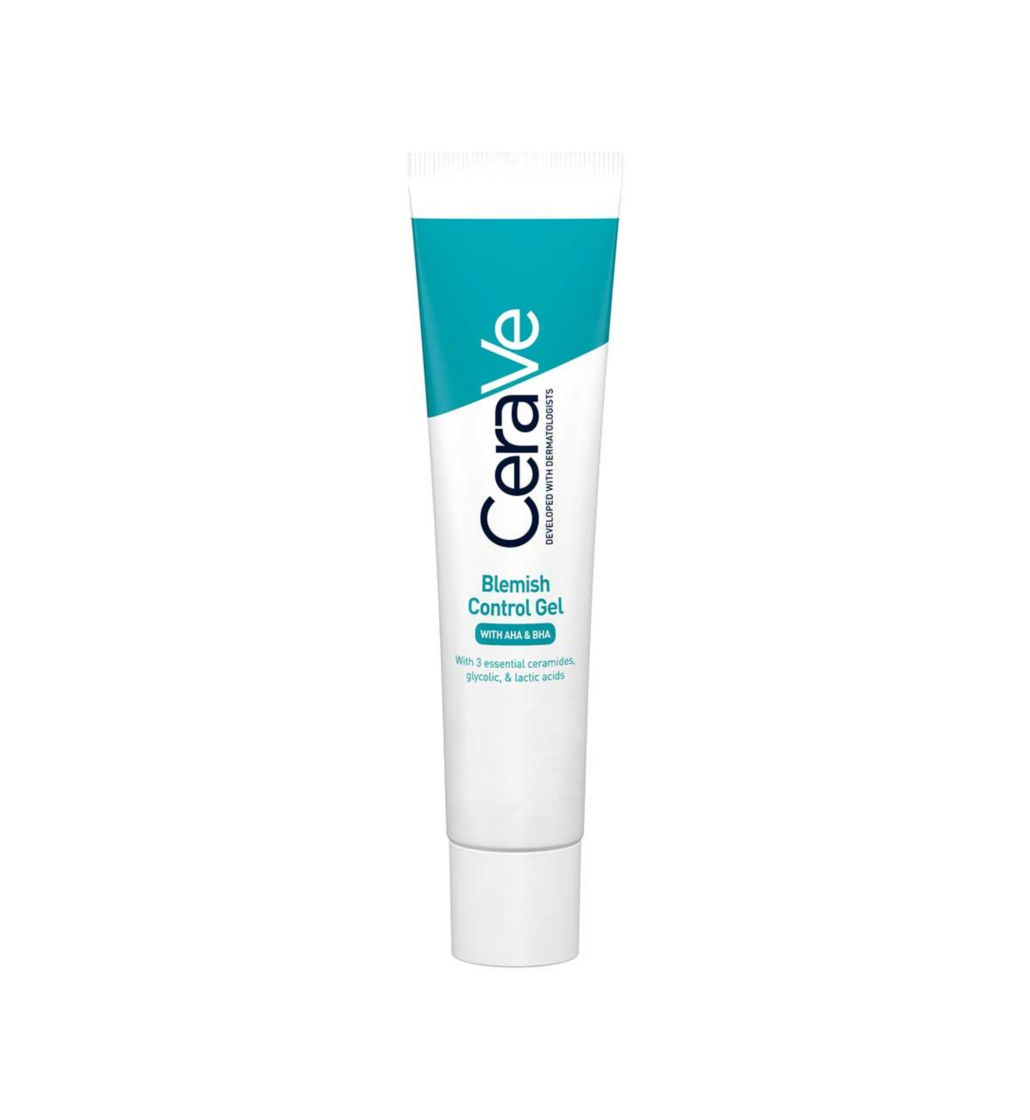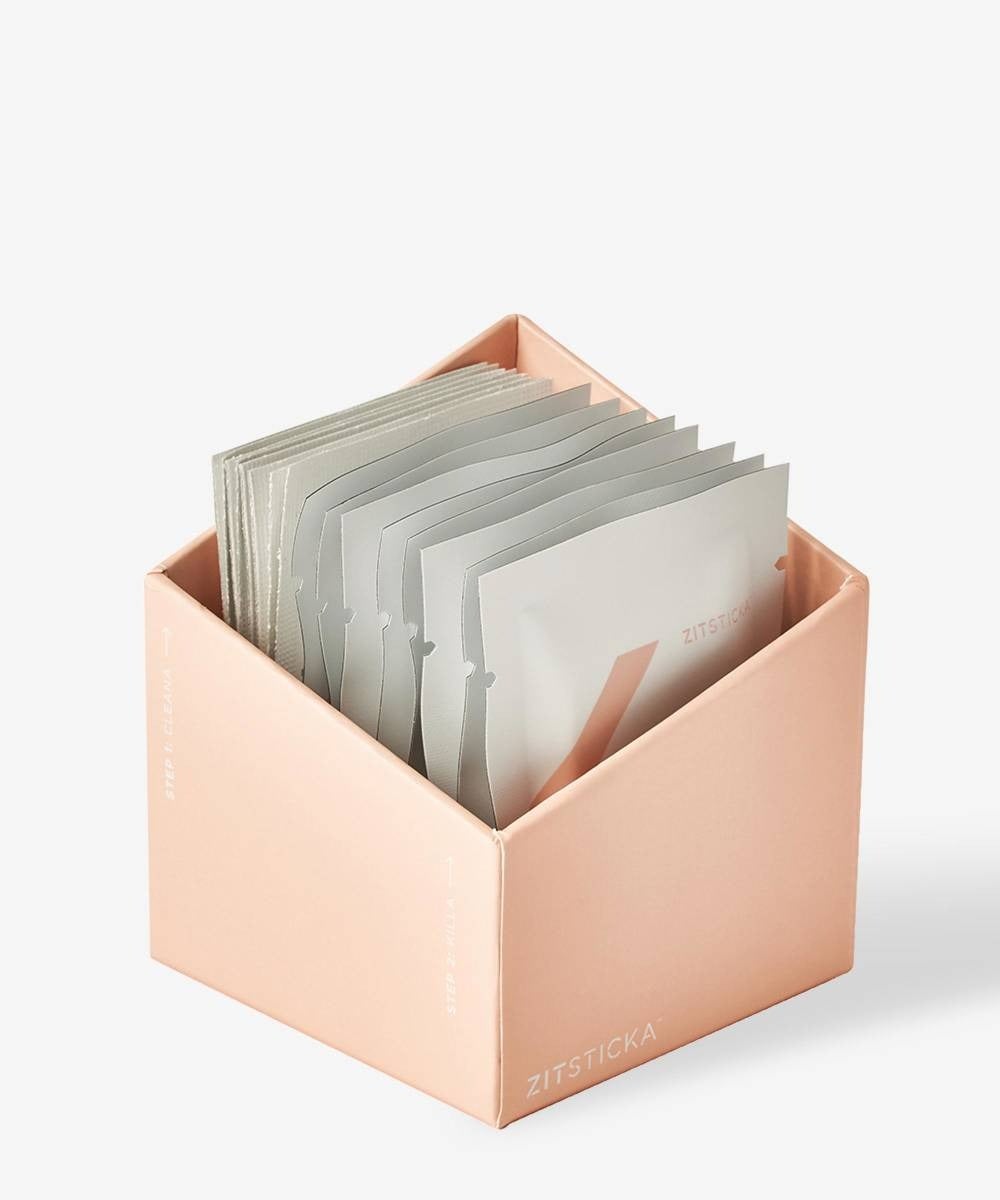Keren Bartov has magic hands. It's the only explanation as to why I left her treatment room with the glowiest skin of my life.
Hailing from Israel, English isn't Keren's native tongue but she is well versed in skincare knowledge — better than most, in fact. It's why her CV of celebrity clients includes Gal Gadot (who calls Keren her "face's best friend") and model Bar Refaeli.
AdvertisementADVERTISEMENT
Keren is so in-demand that she is due to cut the ribbon on a four-storey, state-of-the-art facial clinic in Notting Hill (arguably London's most sought-after postcode). For a skincare expert new to the city, this is no mean feat, and she has a host of new clients queuing up ahead of the grand opening next month.
Her clinic might be hi-tech (it promises more beep-boop machines than you can shake a stick at) but Keren believes it's how you take care of your skin at home that really matters. Here are all the smart skincare rules I learned from Keren and her team during a facial treatment.
Don't sleep on your cleansing routine
Cleansing your skin effectively is the best thing you can do for it, according to Keren. If you're not lifting away your sunscreen, makeup and all of the grime you've collected throughout the day, any skincare you apply in the evening won't work to the best of its ability — and that's a serious waste of both product and money.
Before you do anything, Keren suggests washing your hands for at least 30 seconds. "Otherwise," she said, "you're putting bacteria all over your skin when you want to be washing it off — and that makes no sense at all." Keren explains that this step is especially important for those with acne-prone skin, as oil and dirt can easily clog pores.
Simple is best, too. Keren doesn't enlist fancy cleansing devices, nor flannels or cloths. Your fingers are the best tools for the job. She recommends double cleansing at the end of the day (washing your skin once and following up with a second cleanse, or using micellar water to remove makeup and then doing a proper, water-based cleanse) for at least a minute each time.
AdvertisementADVERTISEMENT
These ingredients are the best for breakouts
The benefits of exfoliating acids on acne-prone skin (for both preventing breakouts and minimising the skin staining left behind) are well known, but it's how you use them that matters. I often have blackheads, whiteheads and little under-the-skin spots, so Keren layered salicylic acid (which exfoliates deep inside the pore to prevent breakouts) and azelaic acid (another exfoliating acid, which reduces redness and minimises pigmentation over time).
Look for smart products that contain both, such as By Beauty Bay 2% Salicylic Acid & Azelaic Acid Overnight Mask, £9, or Paula's Choice 10% Azelaic Acid Booster, £40, which can be combined with a simple moisturiser. Also try Dermalogica Clearstart Breakout Clearing Gel, £29.
Wait for your skincare to absorb
Keren's clinician said that patience is a virtue when layering serums and moisturisers. She suggested waiting at least three minutes between applying each skincare product so as not to disturb it on the skin and to give it time to fully absorb and work its magic. If it means you have to brush your teeth or potter around the bathroom for a moment, that's fine. It's worth it to get the most out of your skincare. And always take any excess product right down to your neck and chest area, which Keren said is often neglected.
AdvertisementADVERTISEMENT
Try these three ingredients for rejuvenated skin all year round
Peptides (essentially skin-repairing proteins) are sneaking into all kinds of skincare products lately, particularly moisturisers, and they are tolerated well across the board. R29 rates Naturium Multi-Peptide Moisturiser, £21, which hydrates, moisturises and protects skin. It also features vitamin C to shield against things like pollution.
If you're already using a vitamin C serum that you love, follow it up with The Inkey List Peptide Moisturizer, £14.99, or Ole Henriksen Strength Trainer Peptide Boost Moisturizer, £40, both of which can be used in the morning and the evening.
If you're using retinol at night, be sure to wear a broad spectrum, high factor sunscreen during the daytime, as retinol can make skin sensitive to sunlight.
Avoid this one thing if you're prone to breakouts
As mentioned above, vitamin C is a brilliant ingredient for protecting skin against pollution and other environmental factors, as well as minimising pigmentation and skin staining. But if you have active breakouts, Keren suggests avoiding it altogether. L-ascorbic acid is currently a popular form of vitamin C as it's really potent but it could cause irritation in the form of stinging or burning, particularly on open skin. It can be especially irritating at higher concentrations.
AdvertisementADVERTISEMENT
While vitamin C is unlikely to make your spots worse (or cause spots, for that matter), it can make your skin even more sensitive. If you really want to try it, skip the strong stuff and go for something like ascorbyl glucoside, which is derived from vitamin C. I love The Ordinary Ascorbyl Glucoside Solution 12%, £11. Make sure it's oil-free.
Take sun safety seriously
Keren is the first to admit that she enjoys a handful of vices in life and doesn't believe in cutting out certain food or drink. But basking in the sun is a no-go. Not only does it accelerate the ageing process but it's linked to skin cancer.
"I personally enjoy my life," said Keren, "but I use products on my skin which stop these free radicals" (free radicals can include UV rays and cigarette smoke if you're around smokers). Vitamin C is a good shield and when she's outside in summertime, Keren tops up her sunscreen every two hours. If you're spending periods outside in the winter (even just exercising for an hour or heading out on a walk), sunscreen is also a great shout, as UV rays can penetrate the thickest of clouds.
Facial treatments are an investment
Home skincare is not to be underestimated. But if you're experiencing gripes like persistent breakouts or pigmentation for example, you might like to give a pro treatment a go (depending on your budget). Keren specialises in acne, pigmentation and skin rejuvenation, and while she enlists lasers and lights to enhance the skin, she doesn't offer injectables like Botox. Nor has she had Botox injections herself.
AdvertisementADVERTISEMENT
Considering the cost, you'd expect the results of a professional facial to be instant. But I learned that it can take two to three weeks to see the full effects of most treatments. In other words, patience is key.
One thing Keren would always recommend leaving to the professionals is pore extraction, using either metal tools or your hands. Digging at spots and blackheads could push bacteria sitting on your skin deep inside pores, potentially making the breakout worse and causing scarring or pigmentation. Keren suggests layering a spot treatment on top of any breakout (big or small) to bring it down, and letting your face do the rest naturally.
Try Medik8 Blemish SOS Rapid Action Target Gel, £21, which contains spot-busting salicylic acid, Zitsticka Killa, £27 (patches that cover and treat spots), or CeraVe Blemish Control Gel, £12.50, with salicylic acid and oil-reducing niacinamide.
Refinery29's selection is purely editorial and independently chosen – we only feature items we love! As part of our business model we do work with affiliates; if you directly purchase something from a link on this article, we may earn a small amount of commission.
AdvertisementADVERTISEMENT







